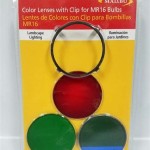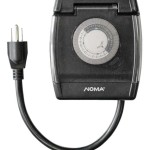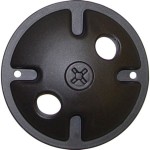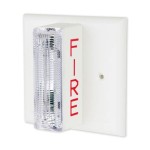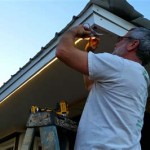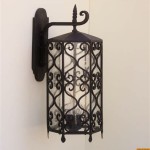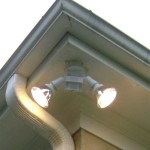Troubleshooting Sensor Lights Outdoor Not Working
Sensor lights are a convenient and energy-efficient way to illuminate outdoor areas. However, when they stop working, it can be frustrating and potentially dangerous. If your sensor lights are not functioning properly, there are a few key aspects to check to identify the underlying issue.
Power Supply
The first step is to ensure that the sensor lights are receiving power. Check if the power cord is securely plugged into an electrical outlet and that the circuit breaker or fuse associated with the lights has not tripped or blown. If the power supply seems to be functioning correctly, proceed to the next step.
Light Bulb
The next potential issue is a faulty light bulb. Remove the bulb and inspect it for any signs of damage or darkening. If the bulb is burned out, replace it with a new one of the appropriate wattage and type. Avoid touching the bulb with bare hands, as the oils from your skin can shorten its lifespan.
Motion Sensor
The motion sensor is responsible for detecting movement and triggering the lights to turn on. If the sensor is not working properly, the lights will not activate. Check the sensor for any obstructions or debris that may be blocking its view. Clean the sensor gently with a soft cloth to remove any dirt or dust that may have accumulated. Additionally, ensure that the sensor is properly aligned and positioned to detect movement in the desired area.
Ambient Light Sensor
Some sensor lights incorporate an ambient light sensor to prevent them from turning on during daylight hours. If the ambient light sensor is defective or misaligned, it may cause the lights to stay off even when it is dark. Check the sensor to ensure that it is not obstructed or covered by vegetation or other objects. Adjust the sensor's sensitivity if necessary to prevent it from being triggered by ambient light.
Wiring Connections
Loose or damaged wiring connections can also lead to sensor lights not working properly. Inspect the wiring for any signs of corrosion, fraying, or disconnection. If you are not comfortable working with electrical connections, it is advisable to contact a qualified electrician to ensure safety and proper repair.
Timer Settings
Certain sensor lights may have adjustable timer settings that determine how long the lights stay on after being triggered. Check the timer settings to ensure that they are set to an appropriate duration. Adjust the timer if necessary to meet your desired lighting needs.
Other Considerations
In addition to the above aspects, consider the following factors that may affect the performance of your sensor lights:
- Environmental factors such as extreme temperatures, moisture, or vibrations can impact the functionality of the lights.
- Check the manufacturer's instructions and specifications for the specific model of sensor lights you have.
- If all else fails, consider replacing the entire sensor light fixture with a new one.

How To Reset A Motion Sensor Light Local Electrical Group

How To Troubleshoot Motion Detector Lights Solutions For Every Problem

Motion Sensor Lights Tips To Reset Detector

How To Fix Motion Sensor Security Floodlight Not Working

How To Reset A Motion Sensor Light Lighting And Ceiling Fans The Home Depot

How To Troubleshoot Motion Detector Lights Solutions For Every Problem

How To Reset A Motion Sensor Light Local Electrical Group

How To Reset Outdoor Motion Sensor Lights Electronicshub

How To Reset A Motion Sensor Light Lighting And Ceiling Fans The Home Depot

Motion Detector Lights All You Need To Know About Them Kato Electrical Independent Contractor Vancouver Bc
